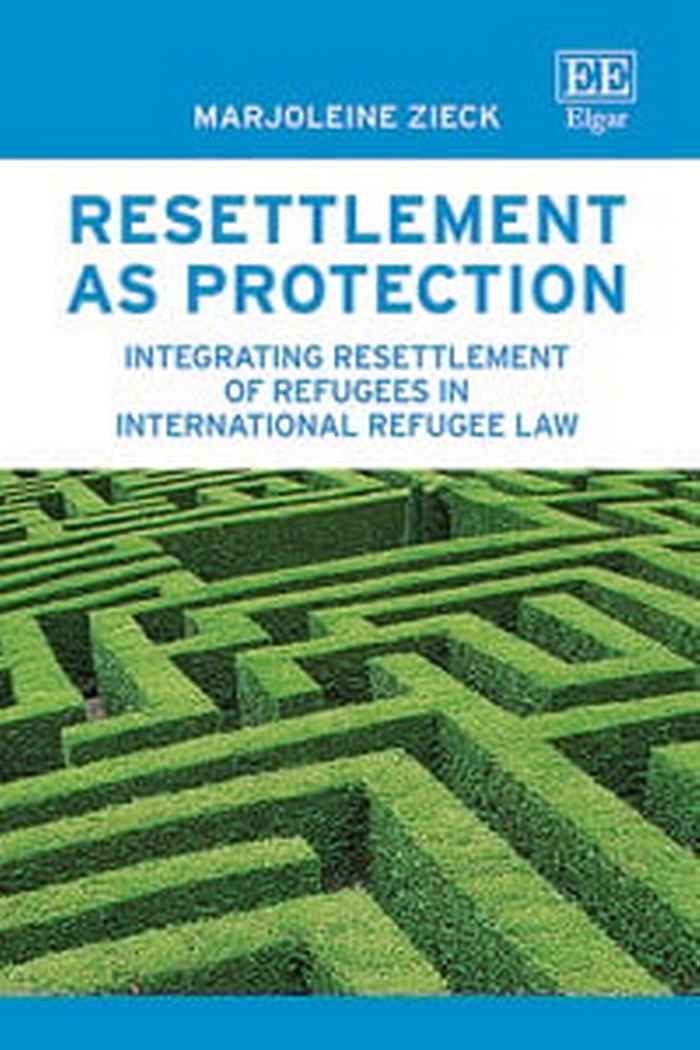Resettlement as Protection
Integrating Resettlement of Refugees in International Refugee Law
26 September 2024

Book description
This book focuses on one of the so-called “durable solutions to the problem of refugees” that UNHCR has been charged to pursue: resettlement. Resettlement consists of the transfer of refugees from their country of asylum to another state in case of severe protection problems in the country of asylum. States are not obliged to offer resettlement places, and in practice that means that resettlement is run as a discretionary immigration scheme. This book attempts to integrate resettlement in international refugee law.
Key to the analysis is understanding what the need for resettlement means: in essence a second country of asylum. The integration of resettlement in international refugee law does not mean an end to the discretion states have; but once the decision has been taken to process UNHCR resettlement referrals, discretion gives way to the applicability of international (refugee) law. Since it is not included in the main refugee treaties, resettlement has so far never been considered in terms of international refugee law with detrimental consequences for the refugees concerned. This book demonstrates that treating resettlement as an outlier is not only out of sync with the international rule of law, but moreover legally untenable.
The particular beauty of this book is that its forward-looking prescriptions are anything but rhetorical. Professor Zieck’s prodigious appetite for detail, her determination to unearth the full historical record, and her insistence on learning from past experience allow her to show why it is that a protection-based approach to resettlement represents real logical progress, seamlessly reconciling the valuable lessons learned from a century of resettlement practice to modern legal commitments.’James C. Hathaway, University of Michigan Law School, US